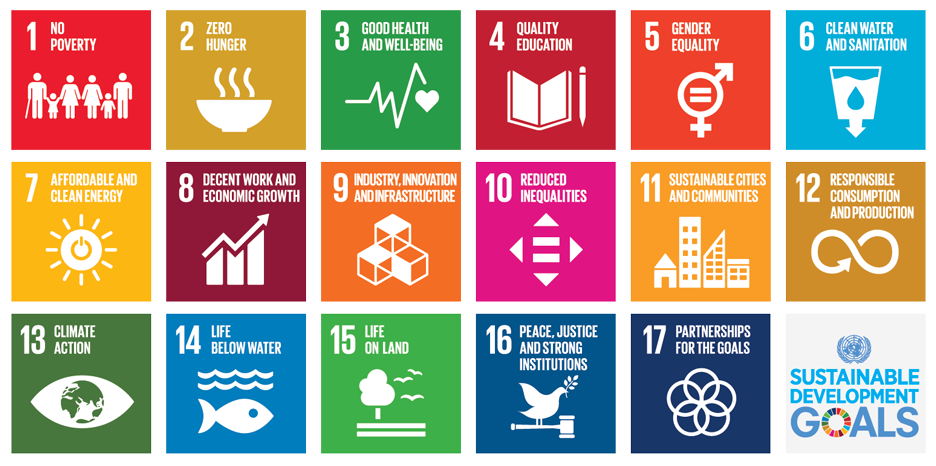Tech For Good: how to address social, environmental, and economic challenges through Digital Innovation
At iQo, we strongly believe that technology companies can actively contribute to solving some of the social and societal challenges of our times.
At the crossroads between Tech and the Social and Solidarity Economy (SSE) sector, the Tech for Good ecosystem is particularly dynamic in four key sectors: education, climate, health, and inclusion.
Tech for Good refers to the use of technology in the 17 Sustainable Development Goals defined by the United Nations. At the crossroads between Tech and the Social and Solidarity Economy (SSE) sector, the Tech for Good ecosystem is particularly dynamic in four key sectors:
- education
- climate
- health
- inclusion

1. Education: Tech for education
New technologies are making it possible to rethink education by:
- valuing learners
- promoting continuous education and professional integration
- combating dropout levels
- expanding access to education.
Several inclusive schools offer digital training that leads to qualifications and diplomas, enabling a variety of learner profiles (job seekers, employees in retraining, displaced people, women, dropouts in reintegration programs, etc.) to find a job that corresponds to current market needs.
2. Ecological transition: Tech for climate change
Beyond their proven ecological impact, new technologies can tip the balance by creating a positive impact on the environment, in particular through:
- Production of renewable energy
- Construction of green buildings
- Sustainable mobility
- The circular economy
- Energy savings
3. Health: Tech for health
We can strive for better collective care by combating medical wastelands, improving access to healthcare, and ensuring better care thanks to shared knowledge and technological advances, in particular through:
- Robotics
- Telemedicine
- Prevention
- Data sharing
- Tools that allow collaboration between researchers, patients, and doctors
4. Inclusion: Tech for inclusiveness
This covers all the solutions for facilitating access to employment, promoting mobility, and setting up inclusive work tools. It involves striving for a society that offers the same integration opportunities to every individual regardless of their situation, for example through:
- “HandiTech” (supporting people with disabilities)
- “CiviTech” (recreating links between governing bodies and citizens)
- “InclusivenessTech” (reintegrating the excluded)
Want to know more: please contact us.
